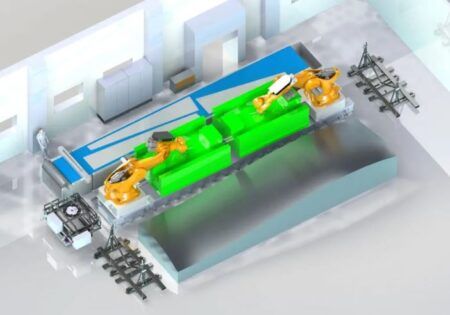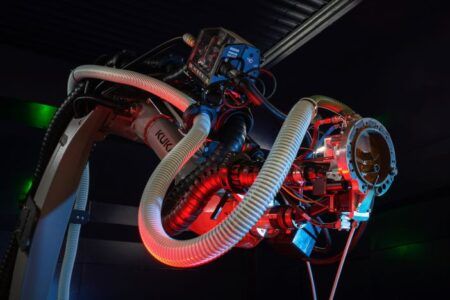UK researchers have begun a £7m (US$9 million) project to develop new ways of testing and certifying composite aero structures.
The five year Certification for Design: Reshaping the Testing Pyramid (CerTest) project aims to provide new testing and certification methods and approaches that will enable more structurally efficient and lightweight airframes to be developed and used.
The project will be led by engineers from the University of Southampton and will involve researchers from the University of Bristol, the University of Bath and the University of Exeter, as well as industry partners such as Airbus, GKN Aerospace, Rolls-Royce and BAE Systems.
According to the researchers, current test, simulation and certification approaches are holding back the use of the most advanced composites in aircraft. The project aims to reshape the so-called “testing pyramid” of validation and certification processes, to enable “step-changes” in the design and manufacture of future composite aero structures.
The research will use virtual testing and the data-rich experimentation of aero structure components and substructures to reduce the weight of airframes and drive down the cost and time needed for development and testing.
Ole Thomsen, professor of structures and materials at the University of Southampton, said, “This funding is essential to enable continued growth of the UK aerospace industry and move towards more sustainable aviation. It fills a knowledge gap, where there is no equivalent capability in the UK or internationally.
“Using world class expertise, this program will embrace new materials and processes, by addressing an urgent need in aero structures design.
“It is not our job to certify aircraft. Our job is to deliver scientific breakthroughs that realize the aviation sector’s vision, to support their work with advanced research and to help save them time and money.”





